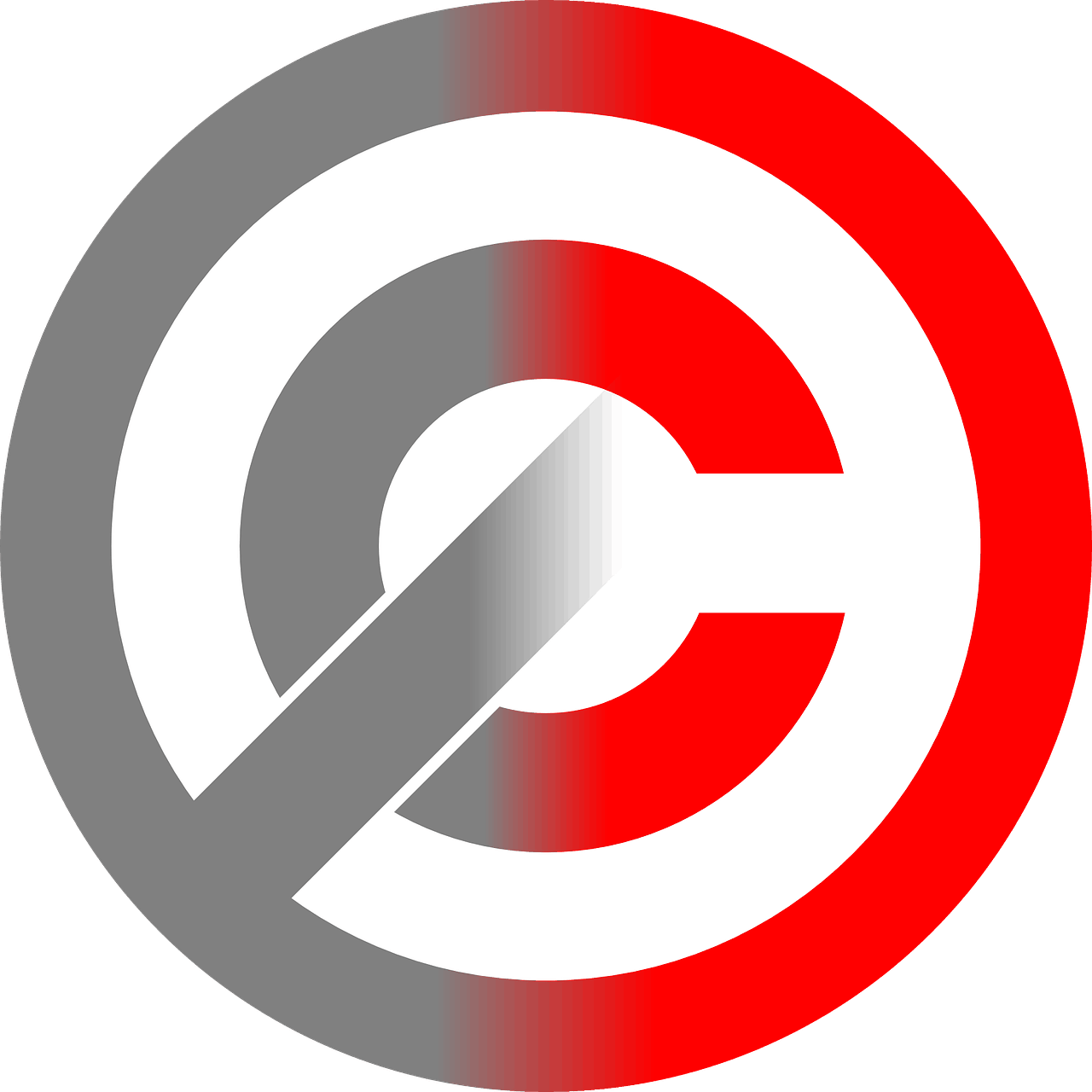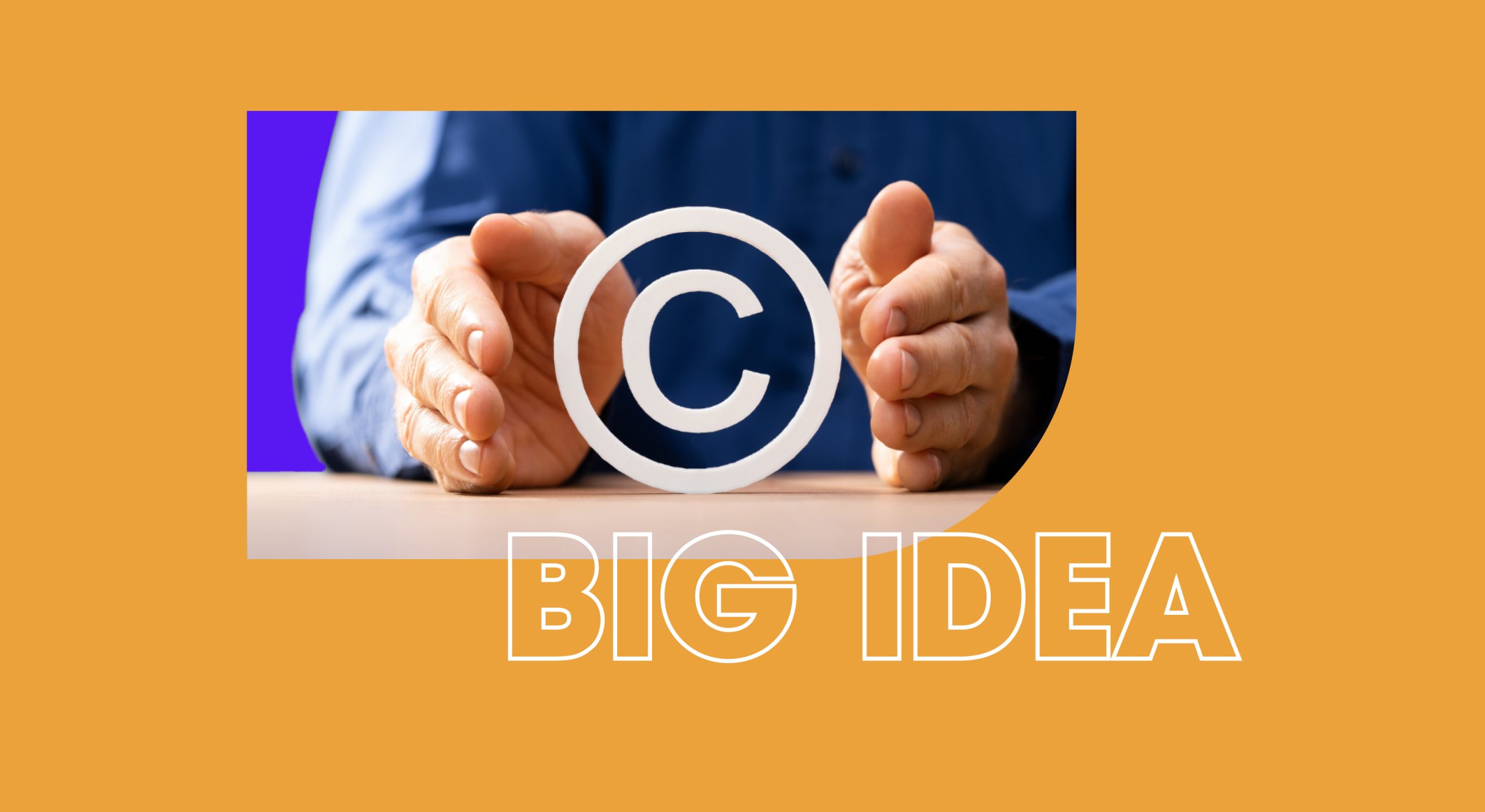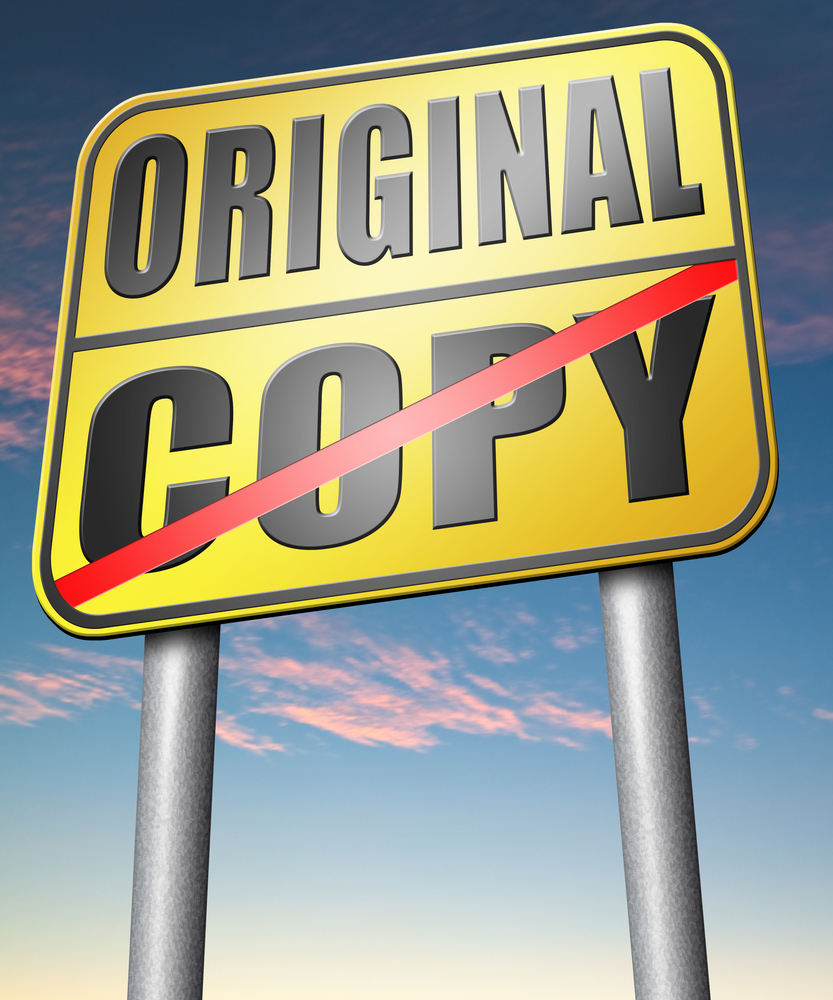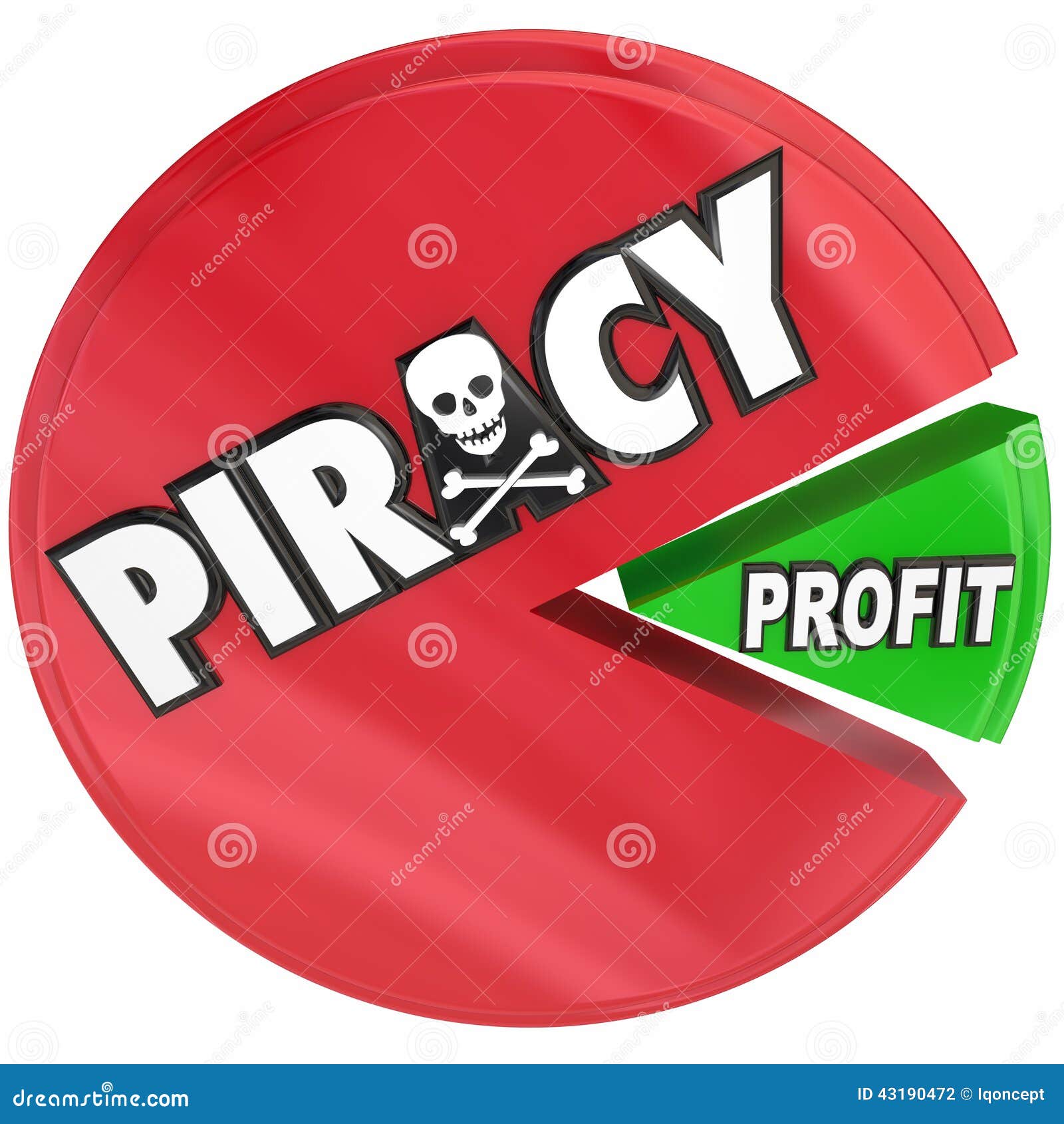html Is Your P/Copyright Killing Your Profits? Find Out Now! Is Your P/Copyright Killing Your Profits? Find Out Now! In today’s digital landscape, your intellectual property (IP) is one of your most valuable assets. From the code that powers your website to the catchy slogan that defines your brand, these creations are the lifeblood of your business. But are you adequately protecting them? Failing to understand and manage your copyright and other IP rights can lead to significant financial losses, legal headaches, and reputational damage. This article will explore how copyright and related issues can impact your bottom line and provide actionable steps to safeguard your creations and maximize your profits. Understanding the Basics: Copyright vs. Other IP Before diving into the specifics, it’s essential to grasp the core concepts. Intellectual property is a broad term encompassing various types of creations of the mind. While this article focuses primarily on copyright, it's useful to differentiate it from other forms of IP: Copyright: Protects original works of authorship, including literary, dramatic, musical, and certain other intellectual works. Think books, articles, music, software code, and website content. Copyright protects the *expression* of an idea, not the idea itself. Patents: Protect inventions. There are two main types: utility patents (for new and useful processes, machines, manufactures, or compositions of matter) and design patents (for the ornamental design of an article of manufacture). Trademarks: Protect brand names, logos, and other symbols used to identify and distinguish goods or services. Trade Secrets: Protect confidential information that gives a business a competitive edge, such as formulas, practices, designs, instruments, or a compilation of information. For many businesses, especially those in content creation, software development, and design, copyright is the most relevant form of IP. Understanding your rights under copyright law is the first step toward protecting your profits. Common Copyright Mistakes That Cost You Money Many businesses inadvertently make copyright mistakes that can have serious financial consequences. Here are some of the most common pitfalls: Infringing on Others' Copyrights: Using copyrighted material without permission is a major no-no. This includes using images, music, text, or videos from the internet without proper licensing. This can lead to cease-and-desist letters, lawsuits, and hefty penalties. Failing to Register Your Copyrights: While copyright protection is automatic upon creation of an original work (in most countries), registration with the relevant authorities (like the U.S. Copyright Office) is crucial for enforcing your rights in court. Registration provides stronger legal protection and allows you to claim statutory damages and attorney’s fees in case of infringement. Not Having Clear Contracts: When working with freelancers or contractors, failing to have written agreements that clearly define ownership of the work created can lead to disputes and lost profits. These agreements should explicitly state who owns the copyright and what rights are granted. Ignoring Copyright Notices: Many businesses overlook the importance of including copyright notices on their website, content, and products. This simple step can help deter infringement and provide evidence of your ownership. Misunderstanding Fair Use: Fair use is a legal doctrine that allows limited use of copyrighted material without permission for purposes such as criticism, comment, news reporting, teaching, scholarship, or research. However, the boundaries of fair use are often complex and require careful consideration. Relying solely on fair use without legal counsel can be risky. How Copyright Infringement Impacts Your Bottom Line The financial consequences of copyright infringement can be devastating. Here’s how it can directly impact your profits: Lost Revenue: When your copyrighted material is used without your permission, you lose potential revenue. This could be in the form of direct sales, licensing fees, or advertising revenue. Legal Fees and Settlements: Defending your copyrights or being accused of infringement can be expensive. Legal fees can quickly mount up, and settlements can be substantial. Damaged Reputation: Being associated with copyright infringement can damage your brand's reputation and erode customer trust. Loss of Competitive Advantage: If your competitors are using your copyrighted material, they may be able to copy your ideas and offerings, eroding your competitive advantage. Stifled Innovation: If you fear that your work will be copied or stolen, you may be less likely to invest in innovation and new product development. Protecting Your Copyright and Maximizing Profits: Practical Steps Fortunately, there are several steps you can take to safeguard your copyright and protect your profits: 1. Educate Yourself and Your Team Start by understanding copyright law and its implications for your business. Provide copyright training to your employees, especially those involved in content creation, marketing, and social media. There are many online resources available, including the websites of copyright offices (like the U.S. Copyright Office ) and legal organizations. 2. Register Your Copyrights Registering your copyrights provides significant legal advantages, as mentioned above. Consider registering your most valuable works, such as your website content, key marketing materials, and software code. The process can be done online and is relatively straightforward. 3. Implement a Copyright Policy Create a clear copyright policy that outlines your company's stance on copyright, including how you will protect your own copyrights and how you will ensure you are not infringing on others'. This policy should be readily available to all employees and contractors. 4. Use Copyright Notices and Watermarks Include copyright notices (e.g., "© 2024 [Your Company Name]. All rights reserved.") on your website, content, and products. Consider using watermarks on images and videos to deter unauthorized use. 5. Secure Written Agreements Always have written agreements with freelancers, contractors, and employees that clearly define ownership of the work created. These agreements should address copyright ownership, licensing rights, and confidentiality. 6. Monitor for Infringement Regularly monitor the internet for unauthorized use of your copyrighted material. There are various tools and services available to help you track down copyright infringements. If you find any, take appropriate action, such as sending a cease-and-desist letter or, if necessary, pursuing legal action. 7. Consult with Legal Counsel Copyright law can be complex. Consider consulting with an attorney specializing in intellectual property to ensure you are adequately protecting your rights and complying with the law. They can advise you on specific situations, draft contracts, and represent you in case of infringement. Conclusion: Protecting Your Intellectual Property is Protecting Your Future Failing to understand and proactively manage your copyright is like leaving your business vulnerable to attack. It can lead to lost revenue, costly legal battles, and reputational damage. By taking the steps outlined in this article – educating yourself, registering your copyrights, implementing clear policies, and seeking legal counsel when necessary – you can protect your valuable intellectual property, safeguard your profits, and ensure the long-term success of your business. Prioritizing your copyright is an investment in your future; it's about protecting the creativity and innovation that drive your success. Remember, protecting your intellectual property is protecting your future. Meta Title: Is Your P/Copyright Killing Profits? (Find Out Now!)
Meta Description: Uncover how copyright & intellectual property mistakes can hurt your business. Learn practical tips to protect your work and maximize profits.
Internal Linking Suggestions:
- In the “Protecting Your Copyright and Maximizing Profits: Practical Steps” section, consider linking to specific resources related to copyright registration within your country, such as the U.S. Copyright Office.
- Link to your own company’s copyright policy (if you have one) within the appropriate section.
- In the conclusion, link to an internal page with more information about IP protection services, or a blog post discussing the legal aspects of copyright.
External Linking Suggestions:
- Link to the U.S. Copyright Office website (already included).
- Link to reputable legal resources, such as the World Intellectual Property Organization (WIPO) or the Intellectual Property Owners Association (IPO), depending on your target audience’s location.
- Link to relevant case studies or articles discussing the financial impact of copyright infringement.
- Link to a site like Canva or Pexels, where copyright-free images are available (in the section about avoiding infringement).




